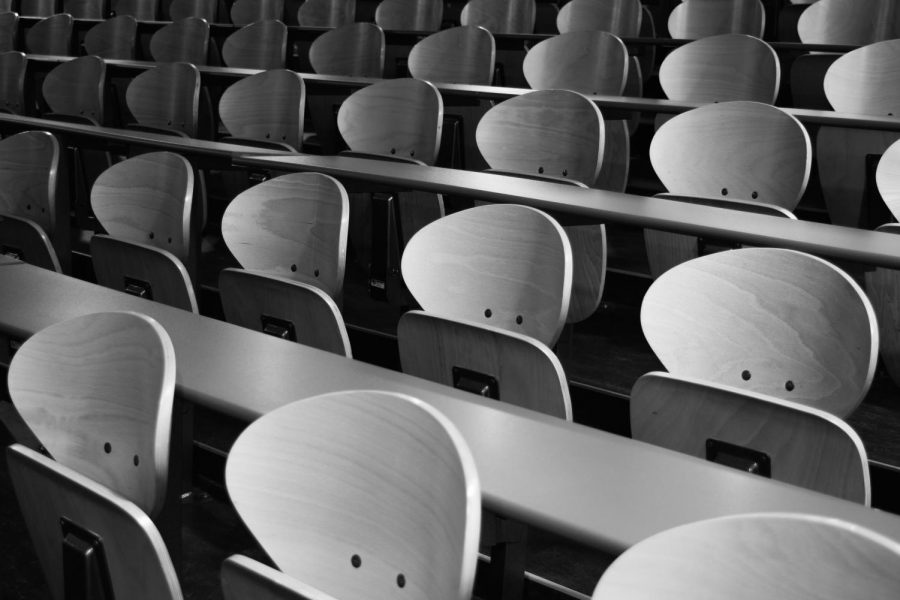CON: Cancelling school is not beneficial for all
“Like many other students, I get excited by the possibility of school closing due to Coronavirus. More fun and less stress because of a virus we believe we aren’t at risk of is a dream come true. But when we put aside our selfish ways to consider those who benefit from school being in session, our perfect fantasy turns into a horrifying reality.”
Closing the schools would negatively affect some students.
Mar 13, 2020
School is cancelled. Exams are postponed. Your late nights are filled with fun instead of homework and studying.
I don’t want to rain on your parade but hold your celebration party.
Like many other students, I get excited by the possibility of school closing due to coronavirus. More fun and less stress because of a virus we believe we aren’t at risk of is a dream come true. But when we put aside our selfish ways to consider those who benefit from school being in session, our perfect fantasy turns into a horrifying reality.
More than 17,500 LAUSD students identified as homeless in April 2019, an increase from the 16,200 homeless students in November. This major increase over a small five month period not only predicts how these numbers will continue to increase but also the need for schools to stay open. Schools provide three meals everyday; breakfast, lunch and hot supper. Without the free and reduced meals provided by schools, these kids are at a huge disadvantage. Students who aren’t homeless but still rely on school-provided meals will be harmed by a school shutdown as well.
Along with students who depend on school meals, single-house parents and parents who work around the clock fall under the category of individuals who will be hurt by a district shutdown. With nobody to care for their children when they work parents are stuck between supervising their child or getting paid.
Placing families who deal with unfortunate living situations at the risk of malnourishment and food deprivation in order to gain more leisure time inconsiderate.
With a district shutdown there are no other options but to move classes online. However, the fast spread of the virus allowed no time for teachers nor students to prepare for this.
Although it’s included in our school pact to be “technologically proficient” there are teachers who find technological teaching to be less effective than physical teaching with students present in a learning environment.
Chemistry teacher Ms. Rickelmann earned her Master’s degree in online teaching and learning so moving to independent studying isn’t a major hassle for her. But for other teachers who aren’t as equipped to online teaching a district shutdown spells out danger.
Ms. Rickelmann says that finding a balance between refraining from an extended school year and ensuring our students are thoroughly understanding the information is a central issue.
“It’s a learning curve, even for me.The biggest challenge is learning how to have students submit their assignments, how to create assignments, how to create tests and quizzes. How do we take what we do in the classroom and put it online?”
Moving to online learning may seem like the perfect solution but it only solves half of the problem. Students who don’t have access to technology at home are being given Chromebooks to ensure that online learning is accessible to all. Giving these students Chromebooks to take home does not guarantee the success of online learning. Students who are not technologically proficient will not benefit from online learning and being given a laptop will only solve half of the issue.
Apart from being inadequately prepared a major issue with online learning is the lack of self-discipline in students. When physically placed in a learning environment surrounded by peers to support you and teachers to correct your behavior, students excel. Online learning allows students to procrastinate more and slack off whenever they please.
So before you celebrate the district shutdown consider those who will be harmed.








